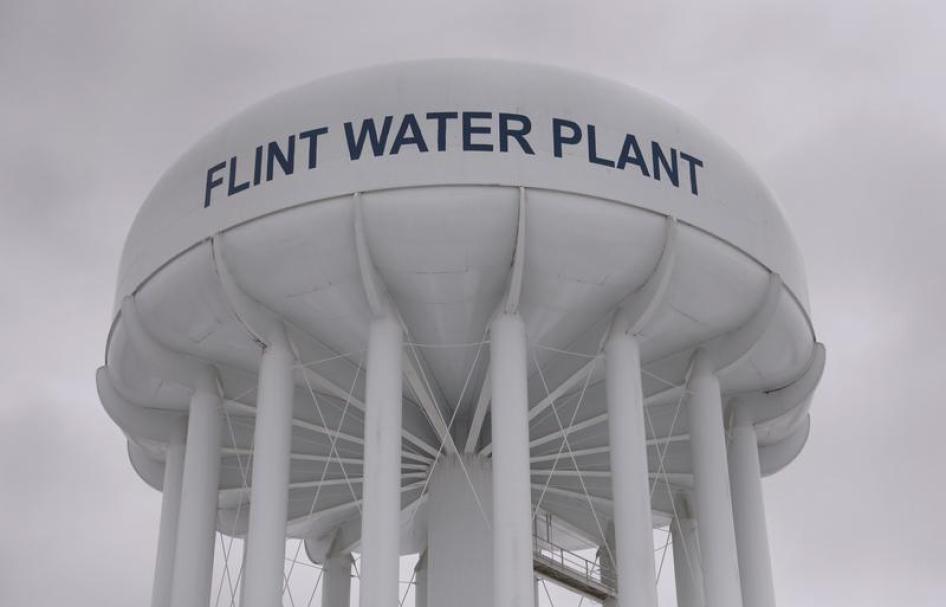Choices by Flint and Michigan’s government officials led to massive contamination of drinking water – some tests showed water had more than 100 times the legal level of lead. The poisoning of Flint’s water was an unmitigated disaster.
Now, as government attorneys argue in court to dismiss the massive lawsuit leveled against these officials, the state of Michigan and city of Flint want to argue that clean water is not a constitutional right. This would mean they would not be liable for the lead-poisoned water, when they decided in 2014 to draw the city’s water supply from the Flint River without having the water propertly treated. It would also mean they are not liable for the impact the dangerously tained water had on people in Flint, including the 9,000 children known to have been exposed to it.
While US standards allow for small levels of lead, from a public health perspective there is no safe level of lead.
The US government and its state and municipal authorities have stubbornly refused to acknowledge people’s right to water. In 2014, a US federal judge in Michigan ruled that there was “no enforceable right” to water after the city of Detroit started massive shut-offs of household water supplies if people did not pay their water bill.
For years at the United Nations, the US tried to distance itself from the global recognition of this human right. In 2015, it finally joined the consensus at the UN General Assembly in acknowledging that the right to water entitled everyone “to have access to sufficient, safe, acceptable, physically accessible and affordable water for personal and domestic use.” But it hasn’t ratified the major treaty addressing the right to water and has sidestepped the idea that the right could apply to US citizens.
Water is a human right. And the disaster in Flint is just one of many ways the right to water has been jeopardized in the US. The victims of Flint have a right to remedy for the harms suffered. Government authorities at the national, state, and local levels need policies that both guarantee safe drinking water.









